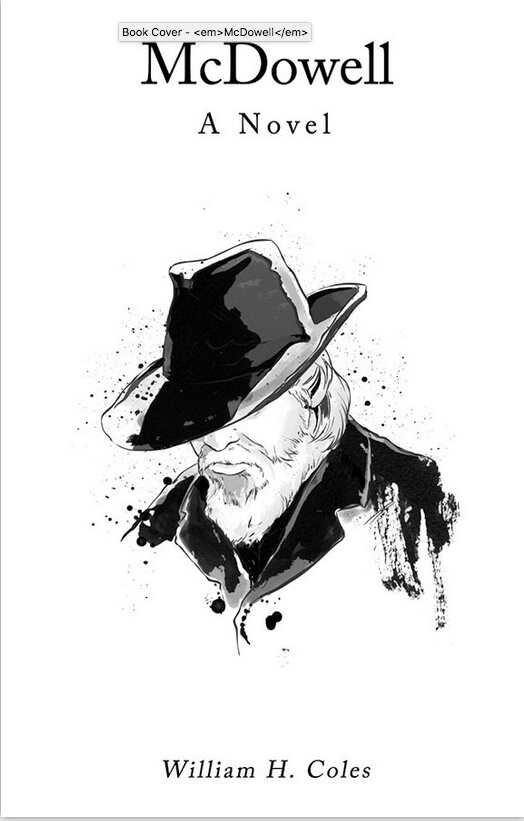McDowell
McDowell is an ambitious, often captivating character study.
William H. Coles’s engaging novel McDowell is a story of hubris and personal transformation.
Haughty doctor Hiram McDowell, a nominee for secretary of Health and Human Services whose recreational mountain climbing parallels his boundless professional ambition, is brought down abruptly and hard after his grandson goes on a killing spree. The wayward grandson ends up brain-dead after a failed suicide attempt; McDowell mercy-kills him, but the jury in his case does not buy his euthanasia defense. He is convicted of second-degree murder. He escapes prison, goes on the lam, and reinvents himself.
At first, McDowell is a deeply flawed, arrogant, and unlikable character. Early on, he covets power, treats women poorly, is career-minded to the exclusion of almost all else, and leaves a fellow mountain climber for dead. He spews venom and is genuinely unsympathetic. Initially, his story is hard to engage. Then, circumstances reduce him to a wandering fugitive who must survive by his wits; this reads like a comeuppance of sorts. In many ways, McDowell becomes a stand-in for the human condition.
The novel excels at character development, at least with its subject. Supporting characters—like the diligent, aging television journalist Paige Sterling—are constructed more as types, if some still have rich inner lives. The book avoids realism in a diverting way, as with its cartoonish depictions of media. Newsroom scenes defy credibility, embrace stereotypes, and insert pontifications into an otherwise artistic novel. Other fantastical elements work better, as when McDowell literally hides in a cave and has a pitched argument with a wise bookseller.
The writing is sharp, with plenty of concrete details. The language is sophisticated but accessible, and the dialogue is authentic, especially in internal monologues that believably convey necessary information. Exposition dumps and crude arguments are an occasional distraction.
McDowell’s reinvention coheres with secondary plotlines. Scenes in which McDowell is challenged or forced to reconsider the way he had been living are the strongest in the book. He starts writing his memoirs, learns to drum, travels around the country, and struggles to get by. Revelations don’t come easily; he grapples with anger and inner turmoil over his fall from grace. Never completely cured or redeemed, he worries about how others perceive him up until the very end. The ending is satisfying and true to life. McDowell is an ambitious, often captivating character study.
Reviewed by
Joseph S. Pete
Disclosure: This article is not an endorsement, but a review. The publisher of this book provided free copies of the book and paid a small fee to have their book reviewed by a professional reviewer. Foreword Reviews and Clarion Reviews make no guarantee that the publisher will receive a positive review. Foreword Magazine, Inc. is disclosing this in accordance with the Federal Trade Commission’s 16 CFR, Part 255.

